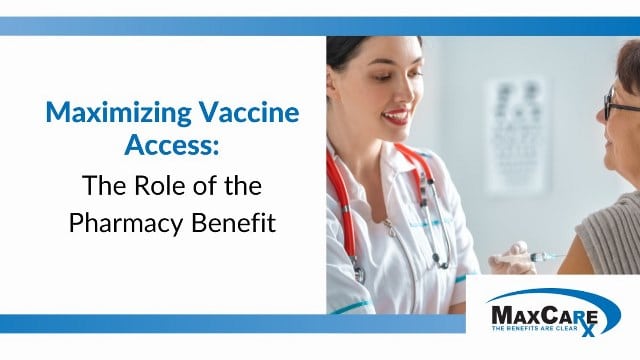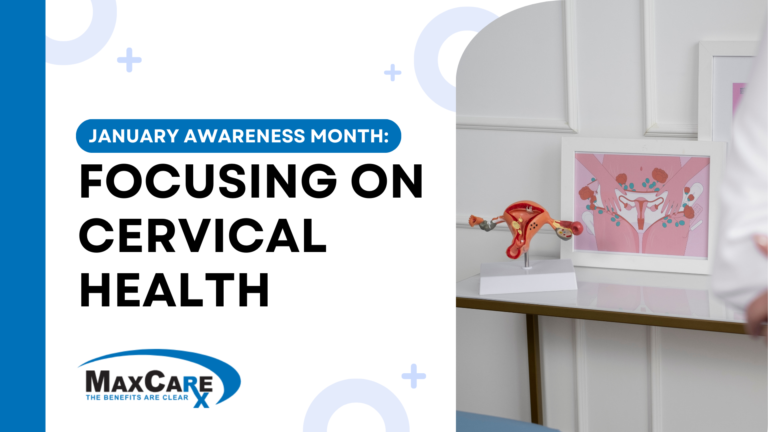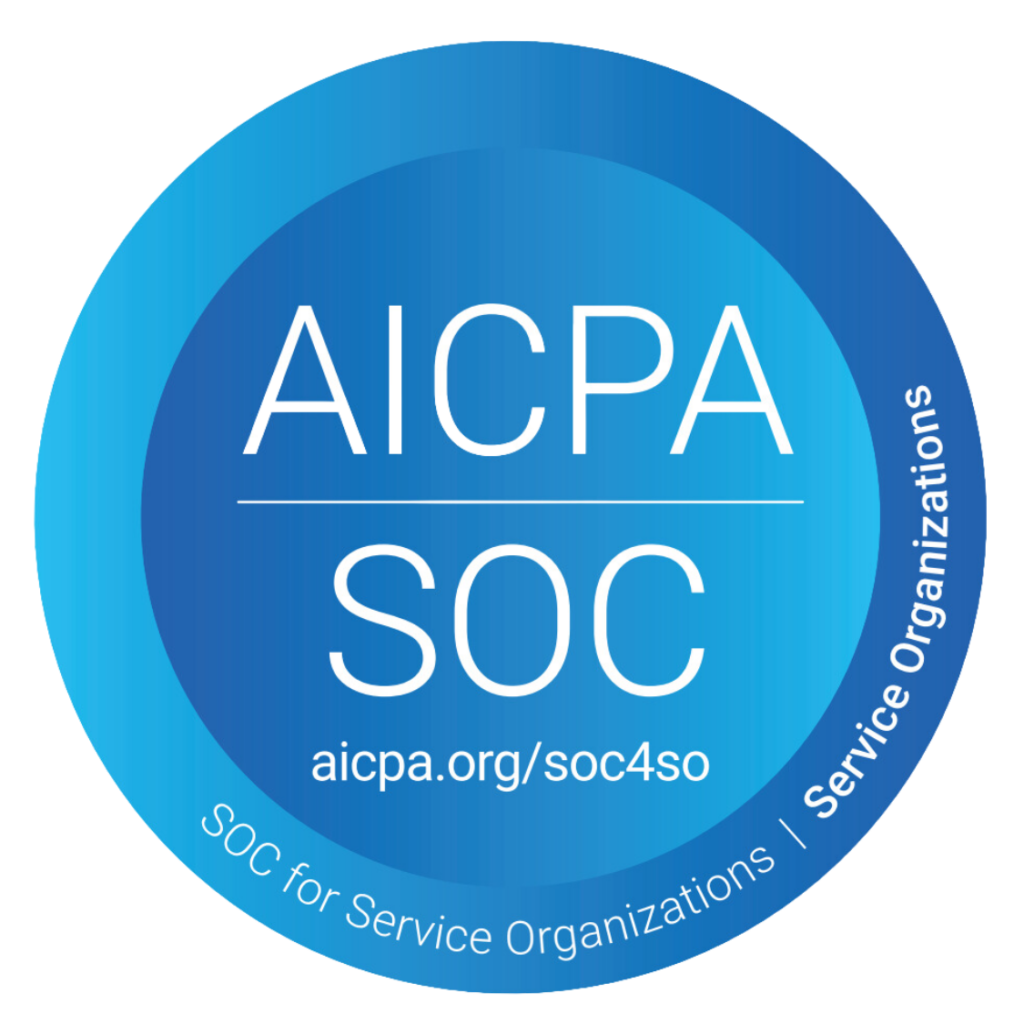The resurgence of measles, a highly contagious disease once thought to be nearly eradicated in many parts of the world, illustrates the importance of maintaining robust vaccination programs. As recent outbreaks have shown, pockets of undervaccinated populations can lead to swift spreading of the disease, causing significant public health challenges.
As a vital interface between healthcare providers and patients, Pharmacy Benefit Managers (PBMs) hold a pivotal role in ensuring that communities have necessary access to preventive health measures, specifically vaccines. Amidst concerns such as recent measles outbreaks and rising healthcare costs, it is imperative to promote an understanding of the role played by PBMs in maximizing vaccine accessibility to safeguard public health.
The Critical Importance of Vaccination Programs
A Pillar of Preventive Health
Vaccines work on the principle of immunological memory, which means that they train the body’s immune system to recognize and combat pathogens without exposing the individual to the disease’s full risks. This foresighted approach to health equips individuals to fend off infections before they take hold, effectively curtailing both morbidity and mortality rates on a global scale. The critical importance of vaccine programs is observed in the drastic reduction of diseases such as polio, smallpox, and diphtheria, diseases that once caused widespread devastation but are now rare or eradicated in many parts of the world.
Beyond Individual Protection
The impact of vaccinations extends beyond the individual to the community at large. When a critical threshold of the population is immunized, herd immunity can be achieved, significantly lowering the chance of an outbreak. This phenomenon is particularly crucial for protecting those who cannot be vaccinated, such as individuals with certain medical conditions or weakened immune systems. Vaccines, therefore, are central to the collective health defense and societal well-being.
Role of Pharmacies as Health Hubs
The strategic contribution of pharmacies cannot be overstated when it comes to vaccine access. As local health hubs, pharmacies are often the most frequently visited points of care, offering convenience and accessibility that is unparalleled by other health facilities. With extended hours, no requirement for an appointment, and widespread locations, pharmacies are uniquely positioned to administer vaccinations to a broad cross-section of the public.
The Stabilizing Force of PBMs
Through formulary management, member outreach, and educational programs, PBMs play a significant role in promoting vaccination adherence and schedules as recommended by health authorities.
Within the pass-through PBM model, the objectives of public health intersect with the imperatives of cost-effectiveness and accessibility. Vaccines are a cornerstone of this model, underscoring the critical role of PBMs in public health. By allocating resources and attention to vaccination programs, PBMs reinforce their essential position as champions of both individual and communal health initiatives.
The Journey of Vaccine Recommendations
The Centers for Disease Control and Prevention’s Advisory Committee on Immunization Practices (ACIP) is the linchpin in the development of vaccine schedules and recommendations. The committee consists of medical and public health experts who evaluate data on the safety and efficacy of vaccines to guide immunization practices across the country. It’s the ACIP’s recommendations that define what must be included under a health plan’s preventive care category, including vaccines that are essential for individuals at various stages of their lives.
Lifelong Immunization Schedules
From childhood to old age, vaccine schedules are tailored to provide immunity against diseases pertinent to each life stage. For children, this might mean a series of vaccines against diseases like measles, mumps, and rubella. Adolescents may receive recommendations for Human Papillomavirus (HPV) vaccines, significant in preventing certain types of cancers later in life. Adults, including those with compromised immune systems, often require regular doses of vaccines like the annual flu shot to maintain their defenses against virulent strains.
The Role of PBMs in Enhancing Vaccine Uptake
Vaccines protect against a wide range of ailments, from infectious diseases such as influenza, measles, and pertussis, to those that prevent certain cancers, like HPV. The role of PBMs extends to providing seamless access to these life-saving medical interventions, which are critical to both individual and community health.
Expanding Vaccine Access through Networks
Central to the PBM’s role in enhancing vaccine uptake is the development and management of extensive pharmacy networks. By partnering with a wide array of pharmacy providers, PBMs guarantee that vaccines are readily available throughout diverse communities. This strategic network design, which includes both retail and independent pharmacies, allows for seamless vaccine access across urban and rural areas, catering to various populations while also supporting localized care. In situations where a certain vaccine is in high demand because of an outbreak, a well-organized PBM network can rapidly facilitate increased supply to the affected regions, ensuring that no community is left vulnerable.
Ensuring Equitability in Vaccine Distribution
Equitability in healthcare means every individual has a path to the services they need, which is a cornerstone of PBM operations. This commitment ensures that disparities in vaccine access, often underscored by economic or geographic boundaries, are addressed. Through their extensive pharmacy networks, PBMs facilitate a distribution model that allows for both physical and financial access to vaccinations. Whether it’s through community pharmacies that serve as trusted healthcare resources or through outreach programs that bring vaccines to underserved areas, PBMs strive to eliminate barriers to immunization services.
Collaborative Programs with Employers and Organizations
Recognizing that vaccination is a collective effort, PBMs often work with self-funded employers, organizations, and TPAs to design vaccine programs that fit specific population needs. These programs ensure that employees and members are not only covered for their vaccines but are also educated on the vital role they play in maintaining their own health and the well-being of those around them. Customized wellness programs can lead to higher rates of vaccine uptake within corporate or community environments, ultimately contributing to the overall goal of disease prevention and health improvement.
Monitoring Vaccine Adherence and Results
Finally, PBMs play a crucial role in tracking, analyzing, and responding to vaccine utilization data. By doing so, they can identify gaps in vaccine coverage and develop targeted strategies to improve uptake rates. This data-driven approach allows for continuous improvement in vaccine delivery programs and enables PBMs to measure the impact of their interventions. Over time, the analysis of this data contributes to a more robust understanding of vaccine effectiveness and public health trends.
MaxCare’s Commitment to Public Health
MaxCare exemplifies the role of an effective PBM by espousing a pass-through model that directly and unequivocally benefits public health. By continually monitoring the CDC’s updated recommendations, MaxCare ensures a comprehensive offering to its members. Aligning with independent pharmacies, MaxCare enables its members to engage in meaningful dialogues with their pharmacists about recommended vaccinations, thus promoting better health outcomes.
Empowering Independent Pharmacies
By championing independent pharmacies, MaxCare actively stimulates the discourse on preventive healthcare within local communities. These pharmacies emerge as crucial touchpoints not only for adult members but also for children, who receive expert guidance on essential immunizations, fortifying their health against preventable diseases. MaxCare’s commitment to ensuring accessible and empowered healthcare pathways is integral to preempting and adeptly addressing the evolving needs of public health.
Conclusion
In the landscape of ever-evolving healthcare challenges, the importance of efficient and accessible vaccine delivery cannot be overstated. By leveraging the capabilities of PBMs, particularly those following a pass-through framework, we can ensure that lifesaving vaccines reach those in need, encompassing all ages and demographics. MaxCare, with its steadfast commitment to transparency and member education, continues to demonstrate that an intelligently-managed pharmacy benefit is indispensable in promoting healthier, inoculated communities. As we witness the battle against diseases like measles, the role of PBMs in championing vaccine access and adherence resonates now more than ever.



